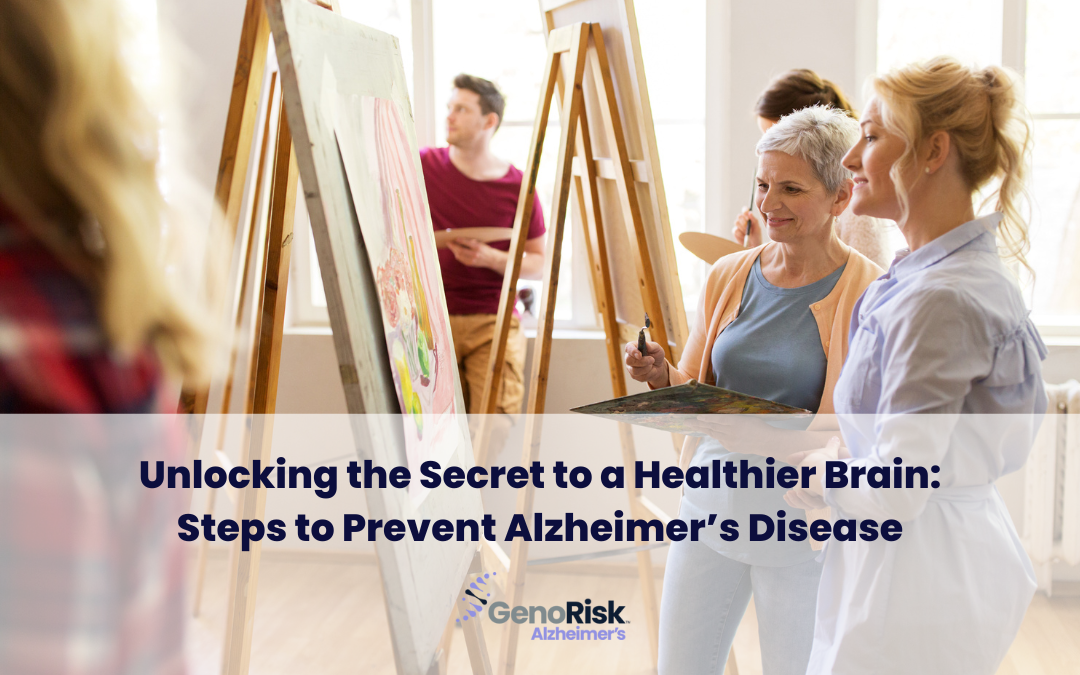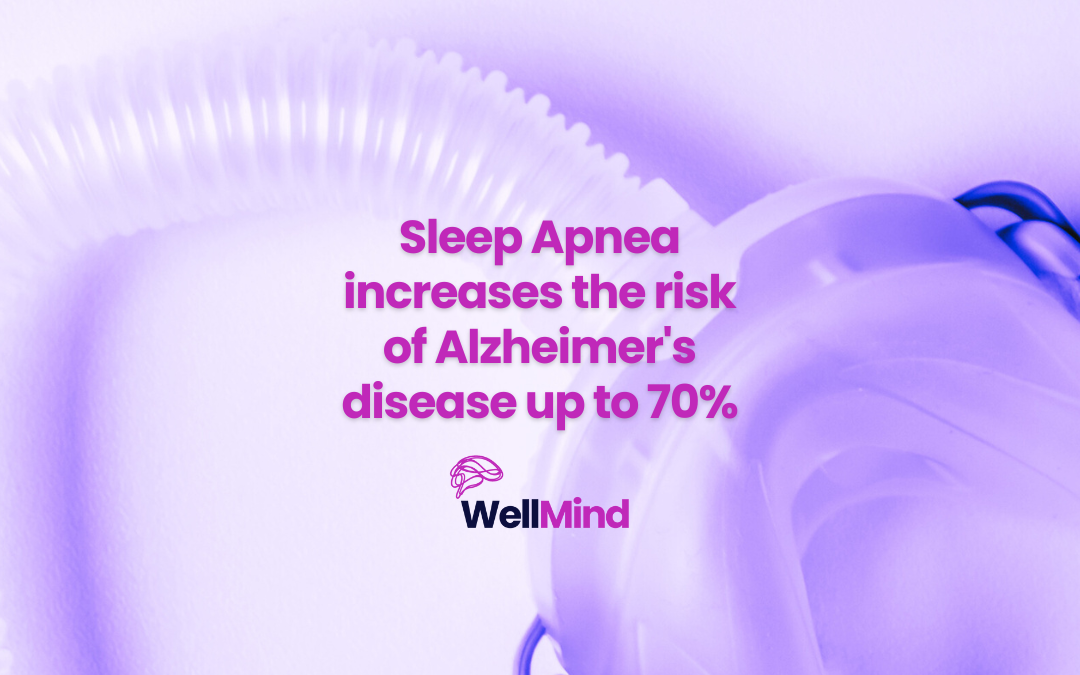When you were a child, your parents likely told you to get a good night’s sleep as they tucked you in bed each night. Contrary to the common myth that sleep requirements decline as we age, sufficient sleep is vital for both adults and children. Most adults function best with 16 hours of wakefulness and eight hours of sleep at night. In fact, getting at least 7 to 8 hours of uninterrupted sleep is important for health. However, it’s not always easy for many adults to get the recommended amount of sleep. The ability to sleep 7 to 8 hours at one time may decline for some with age. Approximately 25% of US adults report getting insufficient sleep or rest on at least 15 out of 30 nights.
According to the American Psychological Association, 60% of adults report having sleep problems a few nights a week or more. There are numerous reasons a person may be having difficulty falling asleep or staying asleep during the appropriate time of day. First, medical conditions such as arthritis or other conditions that cause pain may make it difficult to get comfortable enough to fall asleep or stay asleep. Also, conditions such as restless leg syndrome and sleep disrupted breathing, including sleep apnea, are associated with sleep difficulties. Certain medications such as decongestants, steroids, and some medicine for high blood pressure, asthma, and depression can cause sleep disruptions as a side-effect.
Some psychiatric disorders have fatigue as a significant symptom, including major depressive disorder (including postpartum blues), minor depression, dysthymia, mixed anxiety-depression, seasonal affective disorder, and bipolar disorder. Interestingly, depression and these other disorders can cause fatigue and irregular sleep patterns of falling asleep during the daytime. Then, daytime sleeping interferes with the ability to fall and stay asleep at night, resulting in overall insufficient restful sleep. Meanwhile, poor sleep is associated with an increased risk for depression, creating a vicious cycle of sleep disruption. Thus, alerting one’s doctor to any daytime fatigue or difficulty sleeping at night is essential. A doctor will need this information to make treatment choices for individuals experiencing both psychological disorders and Alzheimer’s disease.
If you’re concerned about the quality of your sleep, our GenoRisk™ test — available in 2022 — will help you understand your predisposition to sleep disorders.








